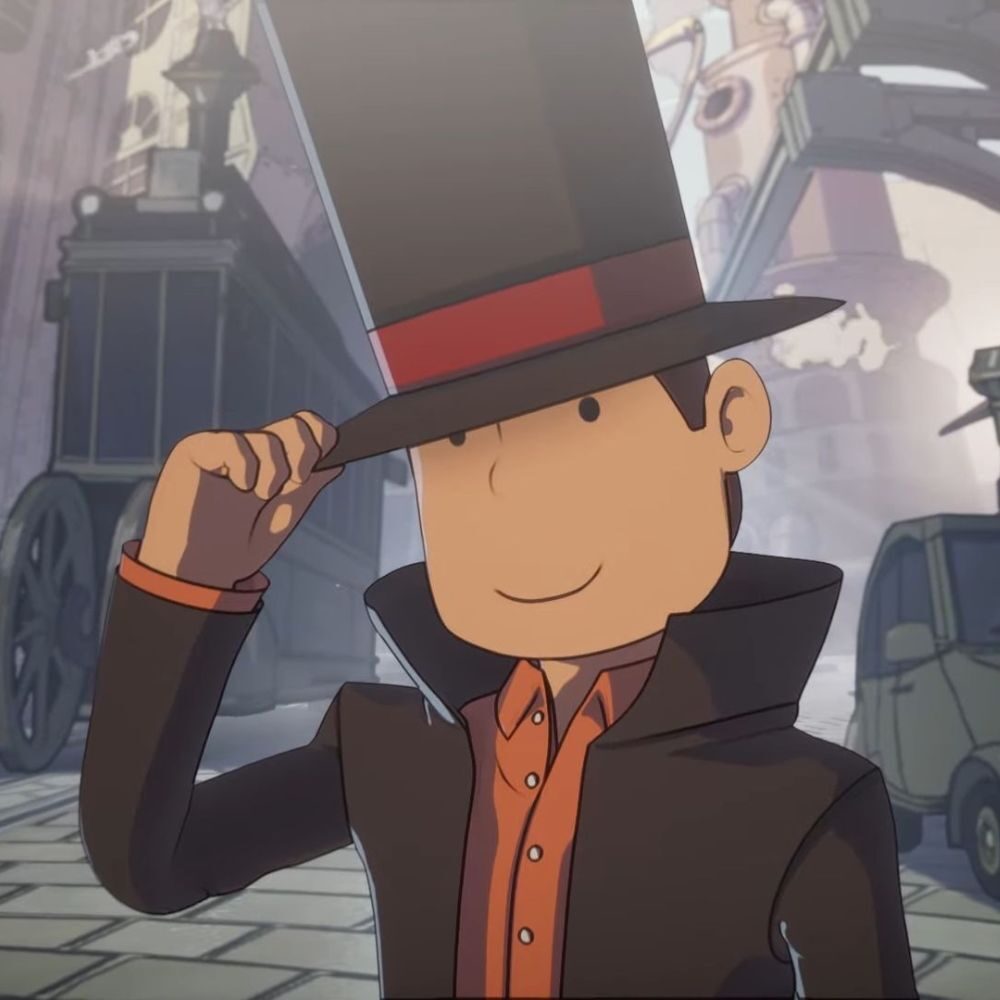
Why Cosy Gaming is for Every Girl Who Tells You She Can Beat You at MarioKart
Here’s why you’re a gamer, even if you just download Custom Content for your Sims.
Gaming, as we know it today, has been around since the 1980s and ignited into a social collective, filled with your heart-pumping first person shooters (think Call of Duty and whatever game your partner is screaming at) and engaging farm simulation games like Stardew Valley. When I first mentioned loving gaming at University, I was met with either the condescending assumptions that I must be an antisocial hermit who locks myself in my room all day long. Or, on the other hand, others suggested that the games I play lack strategic depth, and thus, I’m not a ‘real gamer’. This kind of thinking is nothing new, and definitely wasn’t my first encounter with adverse reactions, but I do feel like each of these moments created hurdles that I needed to overcome in order to join the community.
When I was a kid, most of the games I picked up on my DS involved looking after my sausage dog Rusty on Nintendogs and picking weeds from my neglected Animal Crossing town (because I time travelled a year instead of a day). And, although these were both undeniably games, I felt like my dedicated hours amounted to nothing when speaking about it to groups at school. Unfortunately, most of my interactions revolved around young boys who had just bought the newest game on the scene, Fifa 12. While I did score points for knowing trivia about their favourite anime, not knowing the best guns in Call of Duty was enough to keep me out of their squad.
Which takes me back to University. After the first week of drinking games, most of the fun died down from relentless lockdown rules and the fact every single university accommodation floor looks the exact same. I’d decided to bring my Switch with me to keep me entertained during the slog of tasks I’d been set. My University called it ‘bootcamp’ – like we’re on the X Factor but instead of getting a yes from Simon, it felt more like a no from Louis.
When each evening felt like it was dragging on, one of my flatmates knocked on my door. On my monitor, they could see MarioKart flashing on my screen. MarioKart is the only game that can unite gamers and non-gamers. She sat herself on my bed and we started playing, which started a trickle, and then a flood, of all my flatmates into my room. Each night, we’d play MarioKart and bond – especially my other two gay flatmates who both mained Wendy. Although, this probably wasn’t the unique experience I felt it was at the time, it was the first time I openly discussed really enjoying games despite my self-conscious tendencies to avoid the subject altogether.
And that’s when I had an eye-opening realisation; there were more gamers around me than I initially thought. As we chatted in our group, I discovered that despite most of us having differing interests, we had all gone through some gaming phase in our lives. Whether it was Minecraft, Animal Crossing, or Nintendogs, we had all owned or played similar games during our childhoods and teenage years. However, these cosy games didn’t fit the stereotype of what I, at the time, believed defined a “gamer.”
That’s when I decided to introduce my flatmates to a game called Kind Words. Unlike the usual games with clear aims and objectives, Kind Words was born during lockdown, a time when human connection was more essential than ever. Let me try not to sound like an advertisement, but in this dreamy room filled with relaxing lo-fi beats, you can send anonymous letters to users all over the world. You even get to collect stickers and customise your tiny room (which, by the way, is floating in space).
I hesitated to talk about Kind Words with others because it didn’t fit the conventional gaming narrative of “I completed this” or “I killed that.” It offered a different, more heartwarming experience centred around spreading kindness and empathy to strangers – something you’ll find is non-existent in gaming lobbies. And that’s when it hit me: my love for MarioKart and the warm connections forged through Kind Words were indicative of my preference for cosy gaming experiences. These were the games that resonated with me and brought joy to my heart, even if they didn’t align with the conventional notions of what it means to be a gamer.
As I continued exploring the world of gaming, I realised that there was a whole genre of games that catered to those seeking a more relaxed, comforting, and emotionally fulfilling experience. These games, often referred to as “cosy games” or “comfort games,” focus on creating soothing and immersive environments rather than intense challenges and competition. Refusing to run through a virtual battlefield didn’t make me any less of a gamer, but zooming down a racetrack with Peach definitely made me one.
If you’re anything like me—someone who enjoys playing MarioKart from time to time and secretly believes they have a shot at winning an online race—perhaps you should give cosy gaming a try. While mentioning it on your Hinge profile may not stand out much, as it seems like 90% of queer women already have that covered, talking about your love for Celeste might pique some interest. So, whether you’re planting flowers in Animal Crossing or sending kind messages in Kind Words, don’t hesitate to explore the world of cosy gaming—it might just lead you to the gaming community you’ve been searching for all along. Or don’t, because Custom Content for The Sims seriously clogs your PC’s storage.
Enjoyed this story? Support independent gaming and online news by purchasing the latest issue of G.URL. Unlock exclusive content, interviews, and features that celebrate feminine creatives. Get your copy of the physical or digital magazine today!










